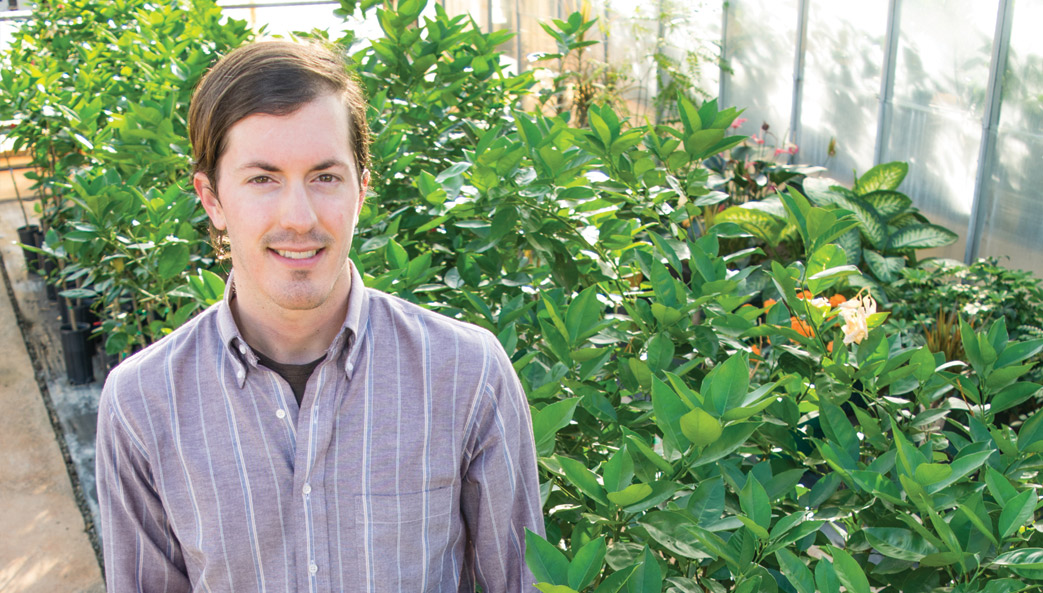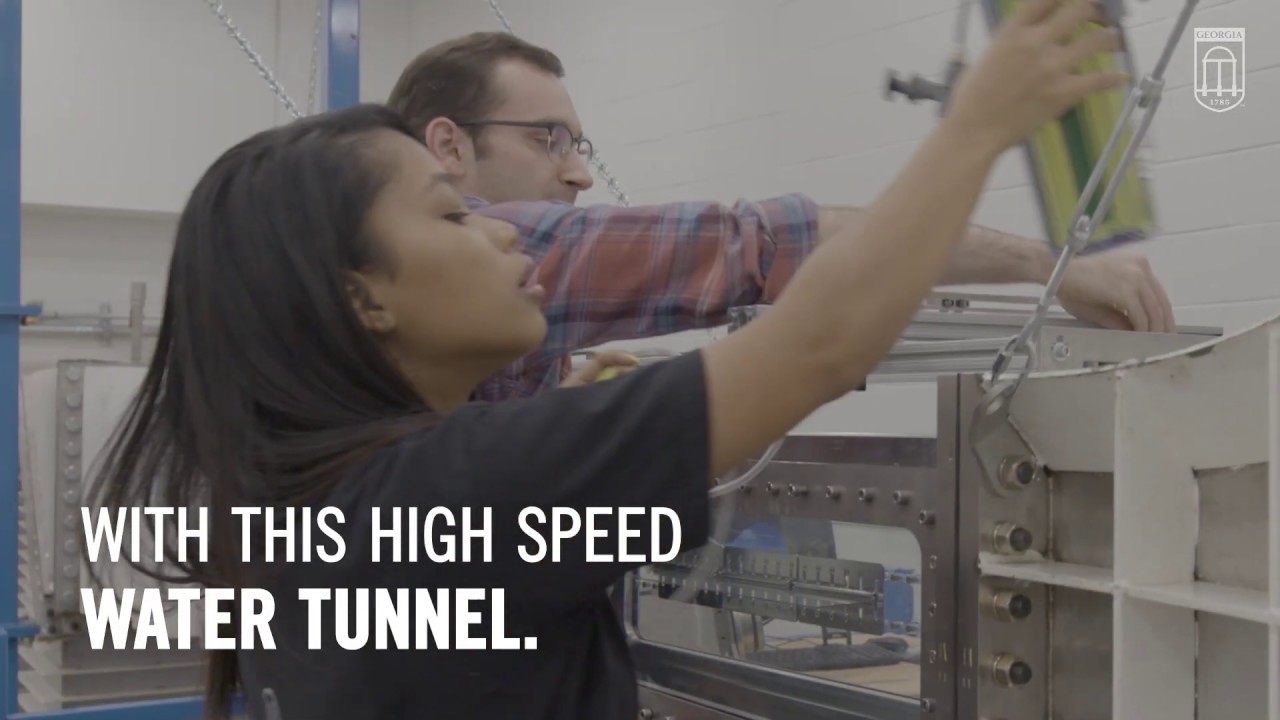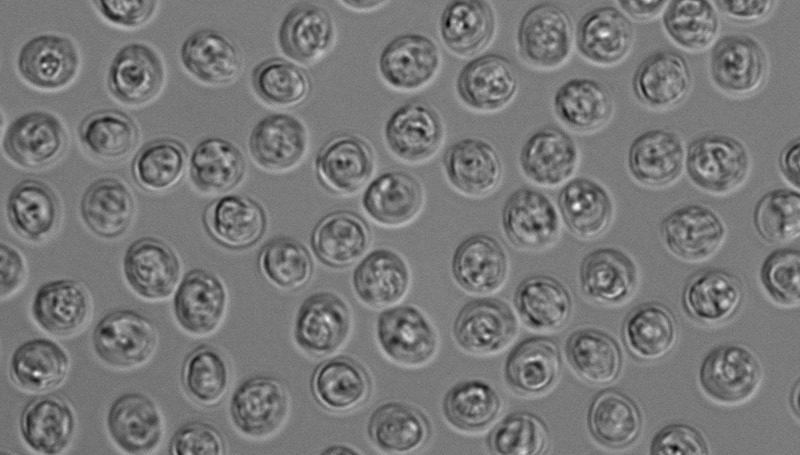As the global population grows and water becomes scarcer, researchers around the world are looking for viable ways to reduce water use.
Agriculture is a good place to start. Around 80% of our nation’s freshwater resources go toward irrigating crops. At the University of Georgia, professor George Vellidis is taking a critical look at agricultural production systems, seeking to identify irrigation methods that are more sustainable and more efficient.
In the state of Georgia, the agricultural landscape varies widely in both the crops that are grown and the soil conditions in which they grow. A crop’s yield potential has a direct correlation to certain field inputs, like the amount of fertilizers and water required, and soil quality influences how much of these inputs are needed, depending on weather, precipitation, and climate.
During his career, Vellidis has focused his work on creating tools that allow farmers to vary water use in different parts of their fields. For the state’s main field crops—corn, cotton and peanuts—most farmers use an irrigating machine called a center pivot. Developed more than 70 years ago, the device was engineered to apply the same amount of water everywhere. But since different soils have different irrigation needs, Vellidis and his team designed variable-rate irrigation, an add-on system for the center pivot that can modify the amount of water applied to particular parts of the field.
Drone on
Professor George Vellidis’ research uses smart technology to assess irrigation needs in crop fields, something that could help farms become more efficient and sustainable. In addition to an app that is connected to sensors monitoring soil moisture in the field, the Vellidis research team relies on drones for quick overviews of farm health.
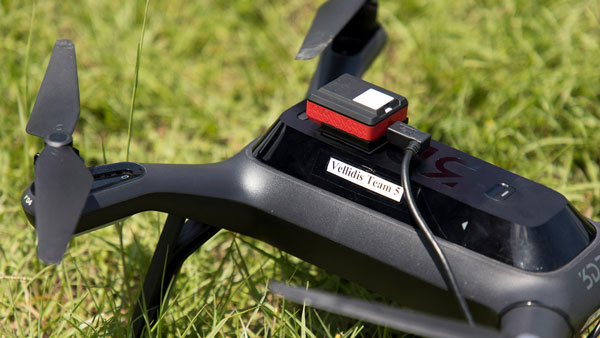
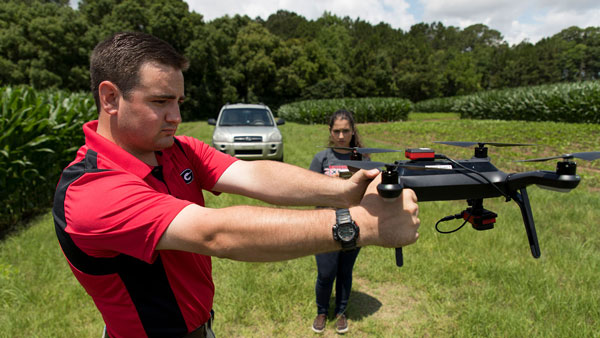
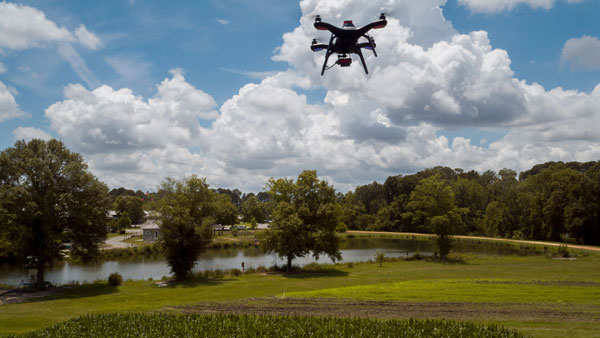
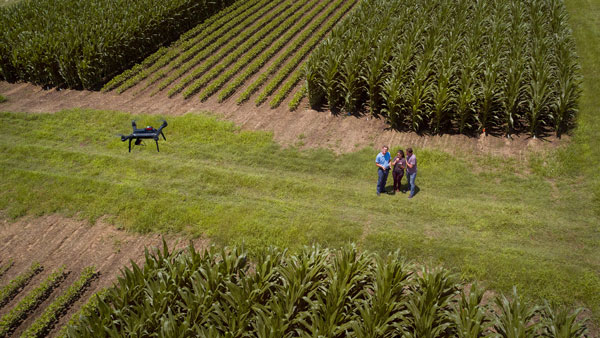
Once they developed the technology to vary irrigation, the team wanted to figure out how to divide agricultural fields into management zones. What initially felt like a straightforward task, however, proved more complicated.
“The picture is more dynamic than we anticipated,” says Vellidis. “In terms of topography, fields are uneven. So, in rainy years, the lower parts of the landscape are very wet while others are drier. In dry years, the lower parts are often the driest.”
To gain a better understanding of the land, he and his team developed online tools to analyze big data sets and identify patterns for irrigating at different rates.
They’re also developing soil moisture sensing systems that are installed in the soil at different depths to help determine how much water to apply in each zone. Local farmers have been testing an early prototype: The sensors collect information and send it to a cloud-based server, which converts the data points into irrigation recommendations. Farmers can view how much water each zone needs on their smartphone and download the data to the center pivot controller. With this system, the team has already demonstrated on-farm irrigation water use efficiency improvements of 30 to 40%.
Professor George Vellidis and doctoral student Anna Orfanou check the circuit board of a UGA Smart Sensor Array node, a tool that monitors soil moisture levels. That information is stored in the cloud, where researchers can easily access it to determine irrigation schedules. “We can send these decisions automatically and wirelessly to center pivot irrigation system controllers so that when the pivot is turned on, the amount of water required to meet crop needs is applied — not more and not less,” Vellidis says. This system improves water use efficiency by 40 percent.
Vellidis and his team are also developing a suite of smartphone apps for irrigation scheduling that rely on weather data to estimate how much water crops use on a daily basis. These apps also significantly improve irrigation efficiency.
“We want to develop tools for improving water use efficiency so farmers are prepared for whatever the future may bring,” Vellidis says. “Agriculture is the no. 1 industry in Georgia and has a huge economic impact on the rural areas of the state. If water resources become more limited in the future and our farmers don’t have the tools to adapt to the drier conditions, it’ll dry up the rural economy. And while the global impact is great, we’re motivated to do this work so we can better help our state’s farmers.”

About the Researcher
George Vellidis
University Professor
Crop & Soil Sciences
College of Agricultural & Environmental Sciences



